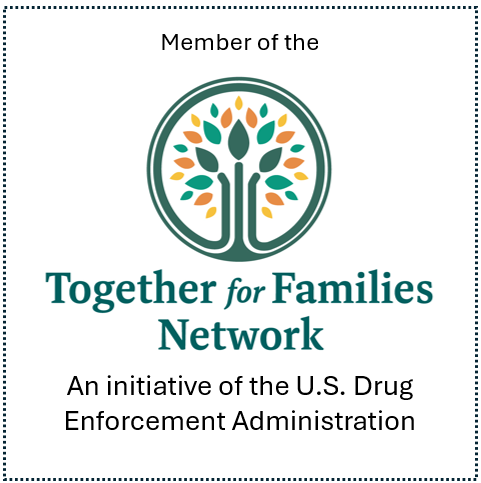How to Navigate Social Media with Teens
Ask the Experts | Mary Beth Garvey
WHAT CAN PARENTS DO? TTYL: Talk Now + Talk Later + Talk Again
Clearly parents are essential in helping our children develop a healthy and productive relationship with technology. This can be nurtured in a number of ways and it begins with talking to your kids about technology the same way you would talk to them about drugs, sex or anything else. Kids listen to parents very closely and will internalize your values and standards if you maintain a healthy and open relationship with your child.
Here’s what to do:
Be proactive.
Educate your kids early and often about the risks and responsibilities of social media. Talk with kids about using privacy settings on their profiles, restricting access to known friends, and what information is safe to disclose. Teach them to self-reflect before they self-reveal and help them to understand that anything they post can be forwarded by others and viewed by vast anonymous audiences. Make certain they know what to do if they are being bullied or contacted by someone who makes them feel threatened or uncomfortable and discuss what to do if someone wants to meet them in person or asks them to send photos.
Conversations about social media should be frequent and become more complex as your kids have more freedom to use technology. Some basics to cover:
- Never share names, schools, ages, phone numbers, or addresses
- Never open a message from a stranger
- Never send pictures to strangers or view pictures that strangers send to them
- Keep passwords private (except for parents)
- Tell a trusted adult if they feel threatened or uncomfortable by an experience
Coach your teen to use caution and common sense online about what they disclose.
Remind them to think carefully about what they post – comments, photos, or videos – all of which have long term consequences for their reputation. Digital is forever, even Snapchat. Reiterate that once you post information, you can’t take it back.
Even if you delete a message or post there are user logs and there could be screenshots. Reinforce that kids should not post anything that they wouldn’t say to somebody’s face or be comfortable with a broad audience reading – including teachers, coaches, parents, other adults, college admissions departments, and potential employers.
Help your teen balance their online social life with face-to-face time with friends and family. Curating a social media presence does not replace in real life social contact. Remind them, also, that what they see on social media does not always reflect the realities of their peers’ lives.
Insist on quality time together, have technology free periods to protect your family time, make yourself available to talk and listen, and set and enforce reasonable rules and restrictions on your teen’s use of technology. Maintain meal times and other technology free times and take a good look at your own tech use. Make sure you are modeling the behavior you expect from your kids through your own example.
Help kids to think critically about what they find online.
Help them to determine how they can assess what is accurate information and what is not.
Follow your teen on social media and encourage them to share photos and posts with extended family.
Don’t rely on secretly monitoring online activities. Not only does it undermine the trust in your relationship, but most teens can work around their parents’ restrictions in no time. Most teenagers say they know how to hide what they do online from parents and get past parental controls.
Collaborate around a technology and social media contract that outlines guidelines for technology use. Let your teen lead this process, with your input, so there is both a sense of agency and commitment to shared expectations.
Technology and social media, like many things, can be viewed as a gift or a curse. Most of our children know more about technology than we do and will stay light years ahead of us in their expertise. Technology will continue to be a major part of our children’s social landscape, and our responsibility is more than just setting limits. It is about providing the context for safe, responsible, respectful, well-informed and moderate use of social media and it needs to be ongoing collaboration between ourselves and our teenagers.
Mary Beth Garvey, LMSW, is a licensed social worker with more than 25 years of experience providing individual, group and family therapy in the private and public sectors. Check out her blog at https://www.marybethgarveytherapy.org/.






